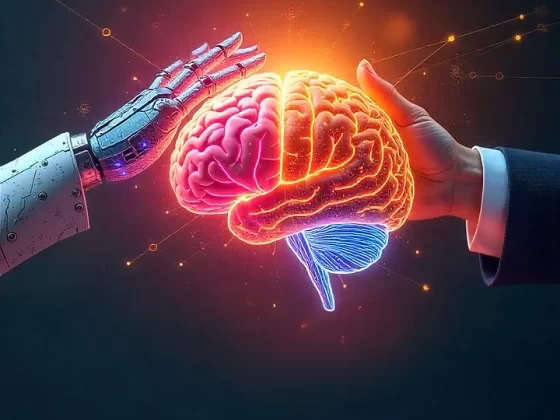Understanding Consumer Expectations in E-Commerce Customer Support
– By Akshata Singh
In e-commerce, customer support is a vital part of delivering a seamless shopping experience. As online shopping grows, businesses must focus on not only offering great products but also providing excellent customer service that keeps customers coming back. Today’s consumers expect more than just a smooth transaction — they want quick, personalized, and proactive support throughout their shopping journey. Modern customers demand fast responses. According to HubSpot, 90% of consumers say they expect an “immediate” response when they have a customer service question, with 60% defining “immediate” as under 10 minutes. This need for speed underscores the importance of proactive customer support. Poor service can lead to significant revenue loss — 58% of customers say they’ll switch companies after a bad service experience, according to research from Microsoft.
Best Practices for Customer Support in E-Commerce
In e-commerce, it’s not just about responding quickly; the quality of support also matters. Clear communication channels, omnichannel support, and self-service options are all essential to meeting customer expectations. Businesses that offer support through multiple platforms — whether it’s email, chat, social media, or phone — are more likely to retain customers. According to Zendesk, companies offering omnichannel support see a 91% higher customer retention rate year-over-year compared to those that don’t. Self-service options, like knowledge bases and FAQs, allow customers to re solve issues on their own, reducing the load on customer service teams and providing faster problem resolution. This helps customers feel empowered, and it keeps them satisfied without needing direct interaction with support agents
The Impact of Great Customer Service on Loyalty
Positive customer service experiences have a direct impact on loyalty. In fact, 89% of customers are more likely to make another purchase after a good service experience. This makes it clear that customer support is not just about solving problems — it’s about building relationships that drive long-term growth. Technology plays an important role in improving customer support. AI-powered chatbots, automated responses, and customer relationship management (CRM) systems all help businesses streamline customer interactions. According to Gartner, by 2025, 80% of customer interactions will be managed by AI and automation, allowing businesses to handle routine Inquiries more efficiently while still providing personalized support for more complex issues.











